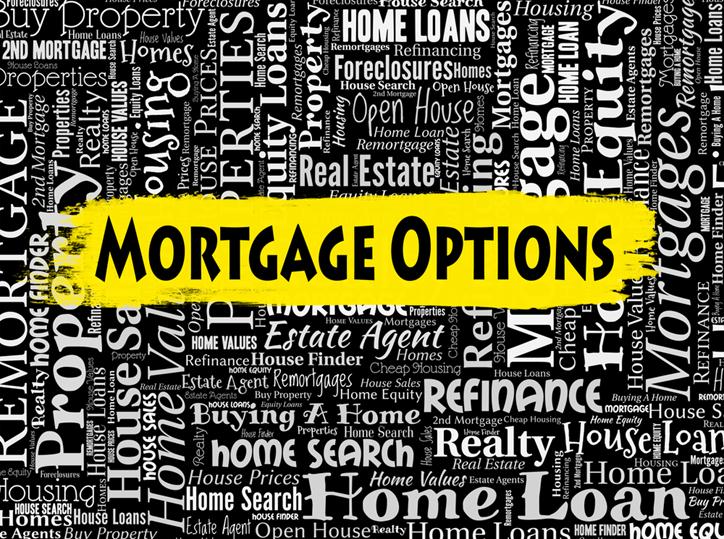More than 75 million U.S. consumers own homes, and many of them have little equity in their homes. Such consumers may want to refinance their mortgages for various reasons, but traditional lenders usually deny refinancing for homes that do not have much equity. The HARP refinancing program allows people with little equity to refinance their homes under federal guidelines. The HARP refinancing program can also offer some homeowners lower monthly payments, reduced interest rates, stability, and peace of mind.
Qualifying for HARP Refinancing
The HARP refinancing program requires an extensive amount of paperwork because it is still a loan product. A homeowner who is in a crisis with credit problems will most likely not qualify for this program. The HARP program requires applicants to have a strong 12-month history of consistent mortgage payments. An applicant must not have any mortgage payments that were more than 30 days late during that year-long period.
Additionally, applicants must have good credit standings. A debtor who has a credit score that is higher than 700 points has an excellent chance of receiving an approval. Those who have scores that are lower than 600 points will most likely receive a rejection. Debtors who do not qualify or the HARP program may be eligible for other solutions, such as the Home Affordable Modification Program.
Other Qualifying Factors
Quite a few additional requirements must be met before a person can apply for the HARP program. First, the debtor’s loan must be owned or guaranteed by Freddie Mac or Fannie Mae. Secondly, the applicant must contact his or her bank to find out if it participates in the program. Thirdly, the HARP program is for loans that were made on or before May of 2009.
Documents Necessary for the HARP Program
An applicant should treat a HARP application like a regular consumer-loan application. The lending institution will want to see consistency and stability. The person should have a job history with the same employer for at least two years. He or she should also have either a high income or a low debt amount. The lender will want to feel secure that the debtor can pay off the new debt after he or she receives HARP assistance. Therefore, the homeowner will need to provide stubs, bill records, tax forms, W-2 statements and the like. A loan representative will review the application and make a determination from there.
Each lender that offers the HARP refinancing program has a right to decline or approve any application. Therefore, homeowners who meet some criteria but not others may be turned down by their main banks. A debtor who receives a rejection for the HARP program can ask his or her lender about alternative options. The government offers several programs that are geared toward helping homeowners to improve the quality of their lives. An attorney can assist with the application process to ensure that all papers are processed properly and all documents are provided to the bank.
Featured Image: depositphoto/stuartmiles



